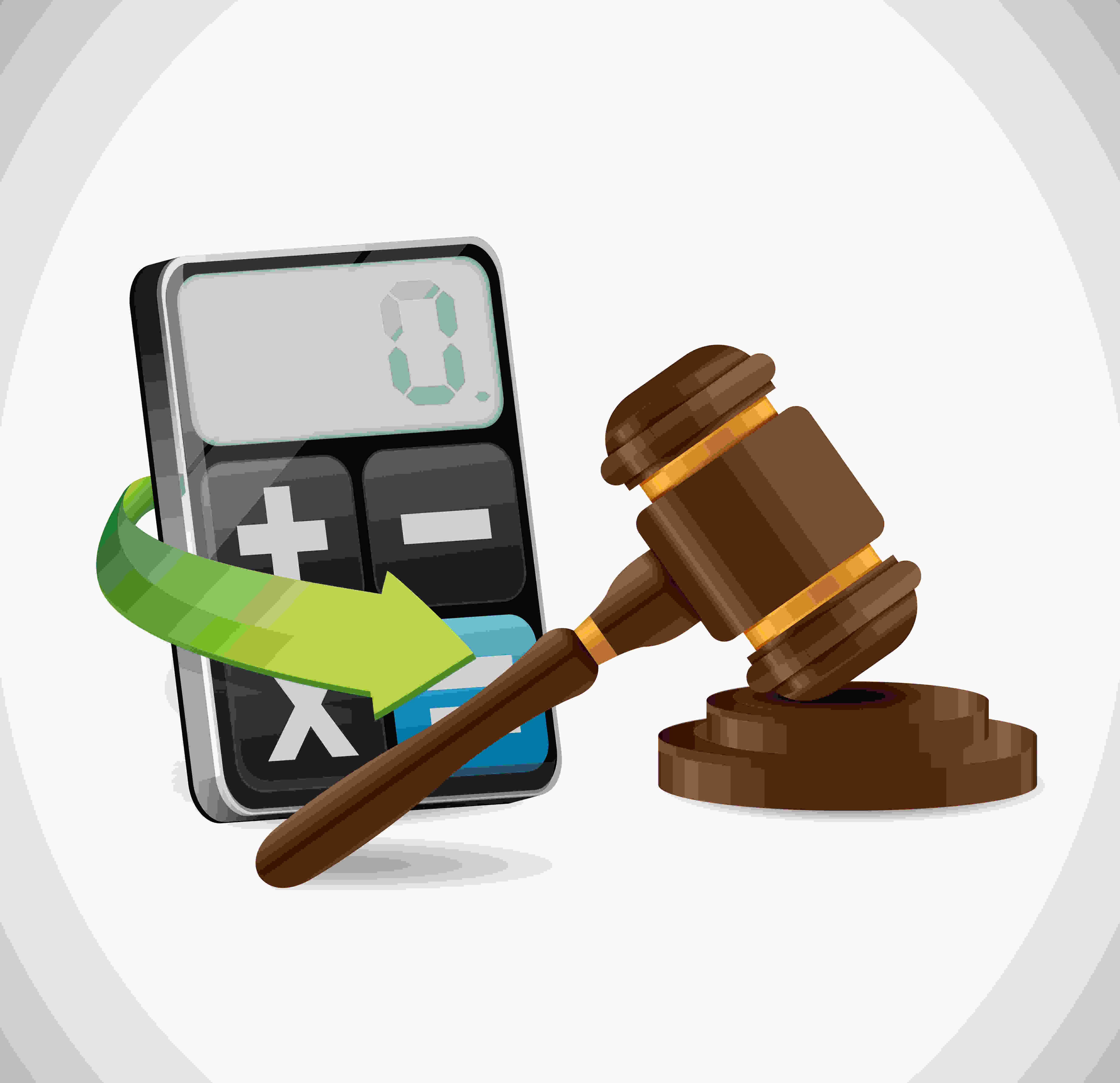Families First Coronavirus Response Act
Families First Coronavirus Response Act (FFCRA) tax credit program across America

The FFCRA tax credit program is for families who are affected financially because of COVID–19.
FFCRA is also known as the Families First Coronavirus Response Act which is an extension of the Coronavirus Aid Relief and Economic Security (CARES) Act which was passed in December 2020.
You simply tell us about FFCRA, we see if qualify for a settlement, and if you do, we help you get your FFCRA Relief.
FFCRA covers not just employers but also those who are self-employed and whose business was impacted by Coronavirus. In March 2020 FFCRA Act became law when it was signed by Congress. The purpose was to help companies offer paid sick leave and unemployment benefits caused by COVID-19. Initially, the FFCRA focused on employers with W-2 employees to help them weather the economic impact caused by the pandemic. The FFCRA provides paid sick leave, free COVID-19 testing, food assistance, and unemployment benefits, and stipulates employer-provided health insurance protection. For self-employed individuals, it offers equivalent coverage via tax credits that can be claimed on your income tax return, effectively reimbursing you for periods of sick leave due to COVID-19. FFCRA is not a loan but a credit on taxes individuals have already paid.
How much you can get through the Families First Corona Virus Response Act (FFCRA) Tax Credit Program?
Families First Corona Virus Response Act (FFCRA) Tax Credit Program can help you claim up to $32000/ depending upon net earnings of 2020 and 2021.
The IRS determines the FFCRA Credit depending on the daily average income and the amount of self-employment work missed due to COVID-19- related issues.
How is the credit amount determined?The amount one receives depends on their average daily self-employment income and the number of days they have missed self-employed work due to COVID-19-related issues, including government quarantine orders, self-quarantine, COVID-19 symptoms, and seeking medical diagnosis.
The credit for the childcare portion is calculated by multiplying the number of days on leave and taking whichever amount is smaller:
The credit for missing self-employment work due to a personal COVID- related issue or due to taking care of another person is calculated by multiplying the number of days on leave and taking whichever amount is smaller:
What is the average FFCRA refund people receive?
The average National Tax Attorney customer FFCRA refund is $9,400.
How to receive an FFCRA refund?
The IRS will send you a check for your 2020 and/or 2021 FFCRA tax credit to the mailing address associated with your National Tax Attorney account. Please note that if you have any outstanding tax liabilities, the refund will first be used to offset the tax balance.
How long does it take to receive a refund?
The IRS will take up to three weeks to acknowledge the acceptance of your FFCRA credit application and then it will take up to 20 weeks for you to get the refund via check or direct deposit.
Deadlines for claiming the FFCRA tax credits?
The deadline to amend your 2020 and/or 2021 tax return for claiming or adjusting FFCRA credits is three years from the original due date of the return or two years from the date you paid the tax, whichever is later.
Does filing for FFCRA tax credits have any impact on filing my 2023 income taxes?
Filing for the FFCRA tax credit will not impact filing your 2023 yearly income taxes. To receive FFCRA tax credits, our team of CPAs will amend the taxes you have already filed during the years 2020 and 2021.
Criteria to qualify for the FFCRA:
To qualify for FFCRA tax credits you must have missed self-employment work due to COVID-related issues. If you were unable to work because of one of the following reasons, you may be eligible:
Breakdown of the number of days you could be eligible.
Childcare-related time off - up to 110 days
Yourself or loved one - up to 20 days
The National Tax Attorney provides FFCRA tax credit services to sole proprietors, independent business owners, 1099 contractors, freelancers, gig workers, and single-member LLCs. Individuals from all industries like realtors, estheticians, hair stylists, taxi drivers, financial consultants, graphic designers, event staff, construction workers, etc. can also contact the National Tax Attorney for their FFCRA tax credit claim.
Those who have received unemployment benefits are also qualified for FFCRA credit, however, they cannot claim the days they have received unemployment benefits as days they were not able to work due to COVID- 19-related issues.
Can I claim FFCRA tax credits if I am also a W2 employee?
You may still be eligible to claim FFCRA tax credits as long as you earned self-employment income in addition to your W2 salary during 2020 and/or 2021.
If you receive paid leave benefits as an employee, it may affect the amount of tax credit you can claim as a self-employed individual under the FFCRA.
You cannot claim a double benefit for the same period. However, if your situation as an employee doesn't provide full coverage, there might be potential to claim additional credits based on your self-employment income.
Why do I have to have positive net earnings to qualify for FFCRA income tax credit?
Positive net earnings indicate taxable income against which a credit can be applied, so it is necessary to qualify for the FFCRA income tax credit. In case someone does not have positive net earnings in 2020 because of COVID-19 restrictions, then they may use their 2019 net income.
What happens in cases of divorce after filing 2020/2021 taxes?
All customers who filed the 2020 and/or 2021 tax returns with a Married Filing Joint status are required by the IRS to have both spouse’s signatures on the amended tax returns before acceptance. National Tax Attorney also requires both spouses to verify their identities. However, if you were married and filed as Head of Household or Married Filing Separate, no information or signature is required.

